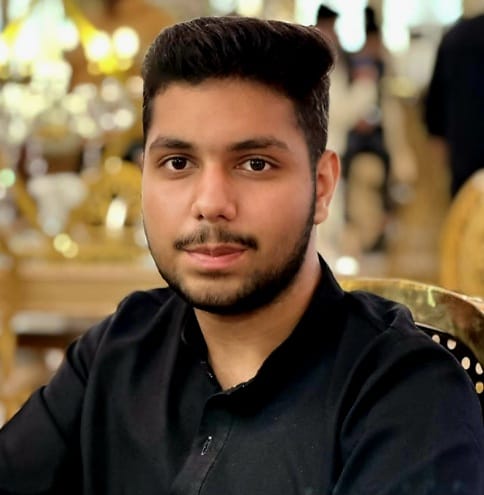
Youth, is the most powerful agent of cohesive society and holds the ability to bring pragmatic changes to the country. It has the potential to bring innovation and creativity to a society.
It is a matter of fact that a population of 207.7 million, 68 percent of Pakistanis are below the age of 30, and 27 percent are aged between 15-29 years and currently, it has the largest generation of young people ever recorded in national history. Pakistan becoming the second youngest country in South Asia.
In Pakistan, youth play a crucial role in promoting Sexual and Reproductive Health and Rights (SRHR) which is a slightly ignorant issue yet crucial, Youth can work through various avenues, despite the cultural and societal challenges surrounding these issues.
The role of youth in sexual and reproductive health rights (SRHR) rights is crucial and can be more active for promoting comprehensive well-being, fostering informed decision-making, and advancing social justice. Here are key aspects of the role of youth in sexual reproductive health rights:
There are some ways in which youth contribute to SRHR advocacy in Pakistan such as advocacy and awareness Campaigns as the modern world, social media activism is the best way that utilize by youth to engage in online platforms to raise awareness about SRHR, sharing information, debunking myths, and fostering open discussions. Campaigns and events are major source that helps Youth to share, learn and disseminate information, challenge stigmas, and promote healthy conversations around SRHR that lead to gender justice.
I believe that Comprehensive Sexuality Education (CSE) is an integral part of public and privet curriculum and in this regard, Youth activists advocate for the inclusion of comprehensive sexuality education in school curricula to ensure that young people receive accurate and age-appropriate information about SRHR.
As a traditional society like Pakistan, we need to breaking down cultural barriers and reduce the stigma associated with seeking reproductive health services. An important side of the issue is emphasized on advocating for legal reforms as youth activists may engage in advocacy for legal reforms to strengthen laws against gender-based violence and ensure justice for survivors.
Policy advocacy has a crucial aspect while young people’s participation in policy dialogues for the formulation and implementation of policies that support and protect SRHR can bring significant changes.
As a young people, we always need in collaboration and networking with stakeholders, for instance, collaborate with government bodies, NGOs, and international organizations to influence policies and programs that always helps to bridging gapes and bring opportunities for creating space to included youth vision in policies and programme.
Young people also play their part on reducing barriers, as I believe that youth involvement is essential in identifying and addressing barriers to accessing contraception, such as stigma, lack of information, or restrictive policies.
By challenging harmful gender norms and stereotypes, youth can contribute to creating a more equitable and respectful environment that fosters healthy relationships. Pakistan has abundant young talent and innovative potential. With the right guidance and opportunities, this potential can be transformed into an asset that contributes significantly to Pakistan’s growth and stability.
About Hamza Sheeraz:
He is a young social activist and community leader from Karachi, Pakistan, a brilliant student and visionary who serves as an example by influencing others, he thinks, writes and act around SDGs, Climate Change, SRHR and social justice. he can be contacted on hamzasheerazkhan767@gmail.com

Leave a Reply